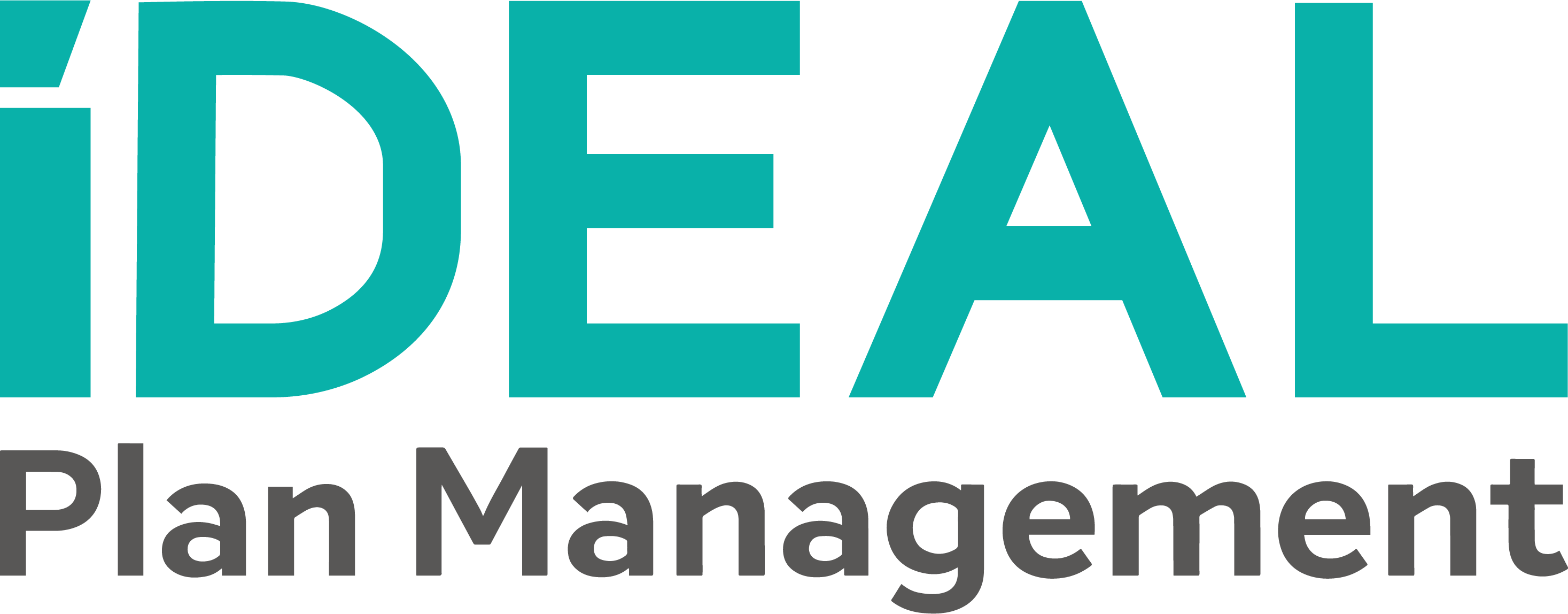Allied health and the NDIS
Allied health professionals are one of the largest groups of registered providers with the NDIS. Although the term “allied health” is used a lot when discussing NDIS supports, it’s not always clear exactly what makes allied health different from other health providers.
What is allied health?
Allied health professionals must meet a few criteria to be considered “allied health”. They must:
- Be university-qualified practitioners
- Have specialist expertise in preventing, diagnosing, and treating a range of conditions
- Work outside of the medical, dental, and nursing professions
These conditions are quite broad and may be met by a wide number of health professionals including:
- Art therapists
- Audiologists
- Chiropractors
- Counsellors
- Dietitians
- Exercise physiologists
- Music therapists
- Occupational therapists
- Optometrists
- Osteopaths
- Pharmacists
- Physiotherapists
- Podiatrists
- Psychologists
- Speech pathologists
What sectors do allied health professionals work in?
Allied health professionals work may work in the health sector as well as the disability sector. However, the work that they may do in each of these sectors varies.
Allied health in the health system
There are certain supports that allied health professionals may provide that would be considered the responsibility of the health system. These include
- The treatment of health conditions, even in cases where the condition is ongoing or chronic.
- The diagnosis of health conditions
- Addressing symptoms of a mental health condition through clinical treatments
For a support to be considered reasonable and necessary, the NDIS should be the most appropriate system to receive supports. As the health system is primarily responsible for the examples above, they would not be funded by the NDIS.
Allied health and the NDIS
To support clients on the NDIS, Allied health professionals may be called on to:
- Provide therapy supports to help Participants to reach their goals and improve their functional abilities
- Assess the functional impact of a Participant’s disability and recommend potential supports
- Provide supporting evidence and reports for plan reassessments
- Assess the need for assistive technology or home modifications
To work with NDIS Participants, allied health professionals should be accredited by their peak body, such as the Australian Health Practitioner Regulation Agency (AHPRA).
How can supports from allied health professionals be claimed from the NDIS?
Therapies and assessments from allied health providers may be claimed through Capacity Building for Early Childhood Interventions and Assessment Recommendation Therapy or Training Supports.
Depending on the provider, these supports may be funded through:
- 15 Capacity Building - Improved Daily Living
- 01 Core - Assistance with Daily Life
Please note that not all therapies that are claimable through budget 15 can be claimed flexibly through Core. The relevant line items can be found in the NDIS Pricing Arrangements and Price Limits on pages 53-55 and 90-94.
Apart from the budgets listed above, certain allied health professionals may also be claimed from other budgets.
- Dietitians and exercise physiologists may be claimed from 12 Capacity Building – Improved Health & Wellbeing
- Psychologists may also be claimed through 11 Capacity Building – Improved Relationships
If you have any questions about claiming allied health providers from the NDIS, our friendly team can help. Reach out by calling 1300 800 110 or send us an email at manager@idealplan.com.au.
